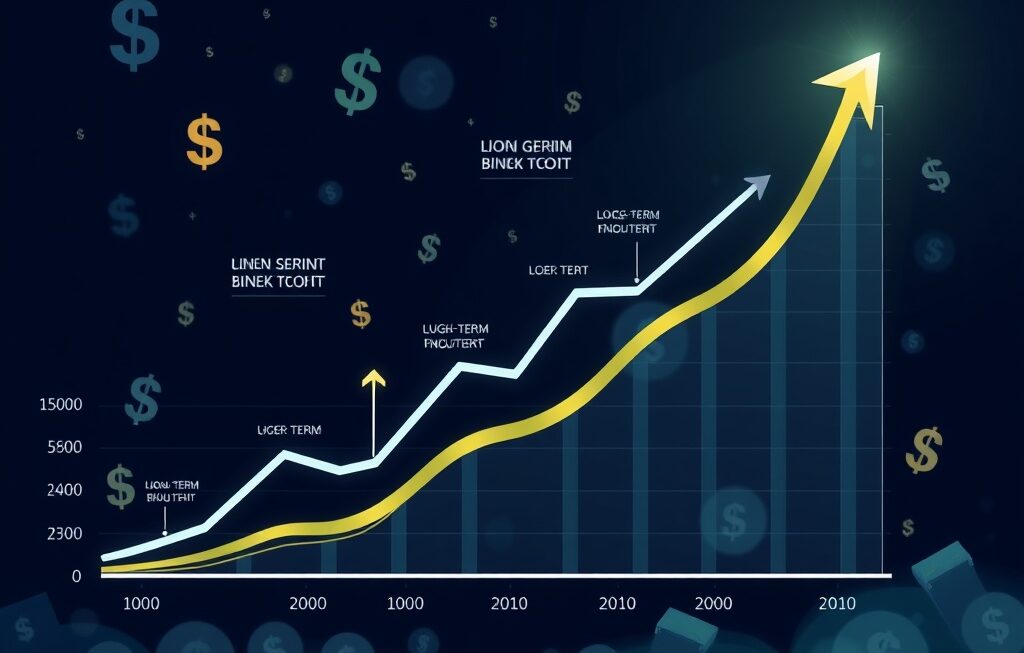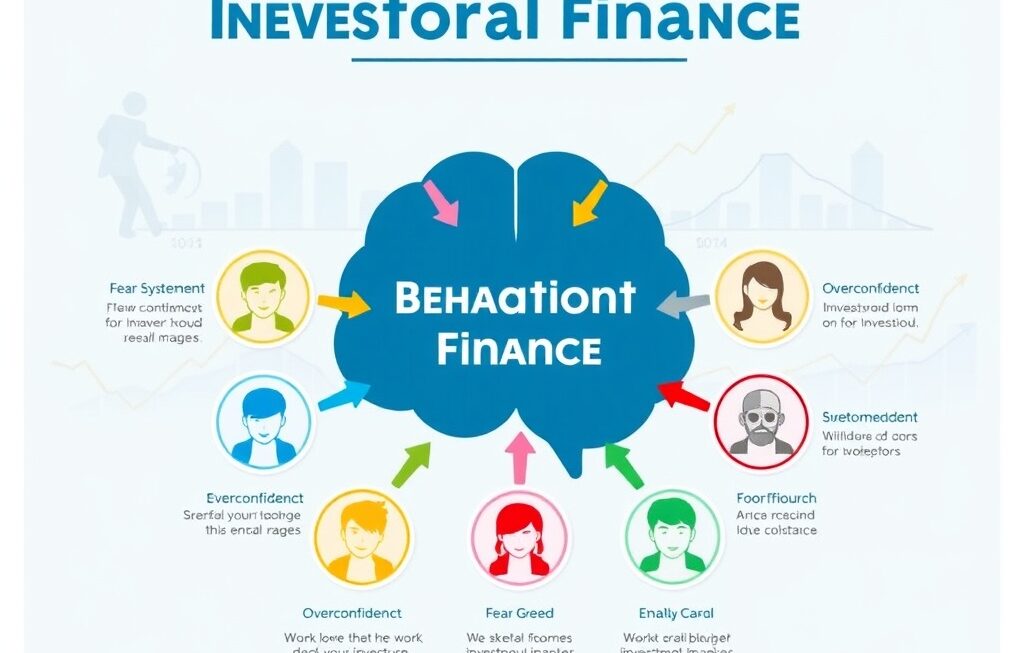How Artificial Intelligence Is Shaping Portfolio Strategies
In 2025, the investment world is no longer just about human intuition or Wall Street expertise — it’s about algorithms, automation, and artificial intelligence. The rise of AI-driven investing has completely transformed how portfolios are built, optimized, and managed. With machine learning, predictive analytics, and natural language processing, investors can now make data-backed decisions faster and more accurately than ever before.
This technological shift is not only reshaping financial markets but also redefining what it means to be a successful investor. Whether you’re an institutional fund manager or an individual investor, understanding how AI integrates into portfolio strategies has become essential for long-term success.
The Rise of AI in the Financial Industry
Artificial intelligence has been quietly working behind the scenes in the finance sector for years, but recent advances have brought it into the spotlight. Major investment firms and hedge funds now rely on sophisticated AI systems to analyze billions of data points, identify emerging trends, and even predict market movements.
From JPMorgan Chase’s AI-powered trading algorithms to BlackRock’s Aladdin platform, AI is now an integral part of modern investing. What was once a futuristic idea has become an indispensable tool for enhancing returns and managing risk.
How AI-Driven Investing Works
At its core, AI-driven investing involves using artificial intelligence and machine learning algorithms to automate and improve investment decisions. These systems analyze large datasets — including historical market data, social sentiment, news trends, and even global events — to make predictions and recommendations.
Key AI methods include:
- Machine Learning (ML): AI systems learn from past market patterns to predict future price movements and portfolio performance.
- Natural Language Processing (NLP): Analyzes financial news, earnings reports, and social media to gauge sentiment and detect trends.
- Predictive Analytics: Uses historical and real-time data to forecast potential outcomes and identify investment opportunities.
Unlike traditional investing, AI doesn’t rely on emotion or human bias. Instead, it processes data objectively and adapts quickly to changing market conditions.
The Benefits of AI-Driven Investing
The adoption of AI in portfolio management offers several distinct advantages:
1. Enhanced Data Analysis
AI can process massive amounts of financial data far faster than any human analyst. This enables investors to detect opportunities, correlations, and risks that might otherwise go unnoticed.
2. Objective Decision-Making
Human investors are often influenced by fear, greed, or overconfidence. AI, however, relies purely on data-driven insights, making its decisions more objective and consistent.
3. Real-Time Portfolio Optimization
AI systems continuously monitor portfolios and rebalance them automatically based on market fluctuations. This helps investors maintain optimal asset allocation without manual intervention.
4. Improved Risk Management
Through predictive analytics, AI can identify potential market downturns or volatility before they occur, helping investors take preventive action.
5. Accessibility for Individual Investors
Thanks to fintech innovations, AI-powered investment tools are no longer limited to large institutions. Platforms like Wealthfront, Betterment, and Q.ai offer everyday investors access to automated, AI-based portfolio management.
AI vs. Human Investing: A Balanced Perspective
While AI-driven investing offers impressive accuracy and speed, it doesn’t eliminate the need for human judgment. Human investors bring contextual understanding, emotional intelligence, and adaptability — qualities that algorithms still lack.
Many experts now advocate a hybrid approach, combining AI analytics with human oversight. In this model, AI handles data processing and pattern recognition, while human investors interpret insights, consider ethics, and make final strategic decisions.
This collaboration enhances performance while maintaining a human touch — the best of both worlds.
Ethical and Regulatory Challenges
As with any disruptive technology, AI-driven investing brings its share of challenges:
- Transparency: Many AI systems operate as “black boxes,” meaning their decision-making processes are not fully understood by users.
- Bias in Data: If the underlying data is biased, the AI’s predictions can also become skewed.
- Regulatory Oversight: Governments and financial regulators are still working to establish rules governing AI-based financial systems.
To ensure trust and stability, future regulations will likely require greater transparency, explainability, and accountability in AI-driven financial tools.
The Role of AI in ESG Investing
Environmental, Social, and Governance (ESG) investing is one of the fastest-growing sectors in finance. AI plays a key role in analyzing ESG data — such as carbon footprints, labor practices, and board diversity — to identify sustainable investment opportunities.
By integrating AI into ESG strategies, investors can balance profitability with social responsibility, ensuring portfolios align with long-term global goals.
How Retail Investors Can Benefit
You don’t need to be a Wall Street expert to leverage AI-driven investing. Many accessible tools now allow individuals to build AI-assisted portfolios:
- Robo-Advisors: Platforms like Betterment and Wealthfront automatically allocate your investments using AI algorithms.
- AI Stock Screeners: Tools such as Trade Ideas or Zacks AI help identify potential high-performing stocks.
- Sentiment Analysis Tools: Programs like Accern and MarketMuse assess market sentiment in real time.
By using these platforms, retail investors can gain professional-level insights without the complexity of traditional investing.
The Future of AI in Portfolio Strategies
As artificial intelligence continues to evolve, its role in portfolio management will only deepen. Future AI systems are expected to integrate quantum computing, behavioral finance data, and decentralized blockchain analytics to achieve unprecedented levels of precision.
Moreover, as financial data becomes more open and interconnected, AI will allow for hyper-personalized investment strategies — tailored to each investor’s goals, risk tolerance, and ethics.
Ultimately, AI-driven investing represents not just a technological revolution but a philosophical one — where human intuition and machine intelligence work together to build smarter, more sustainable portfolios.

In Summary
Artificial intelligence is no longer an optional tool in investing — it’s the foundation of the next generation of financial strategy. By combining deep data analysis, speed, and adaptability, AI-driven investing enables smarter, more resilient portfolios capable of thriving in today’s dynamic market.
For investors willing to embrace this evolution, the rewards are significant: improved efficiency, reduced risk, and a competitive edge in a technology-driven financial world.




